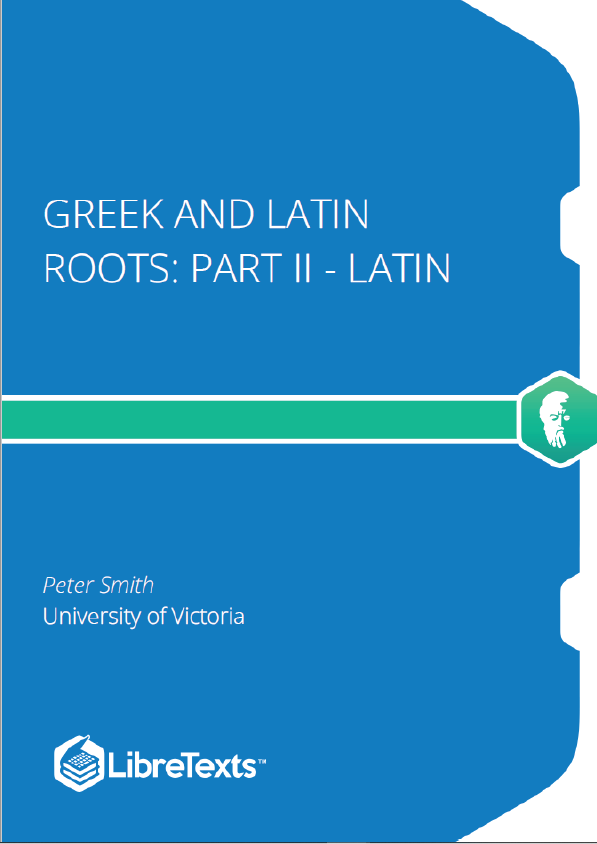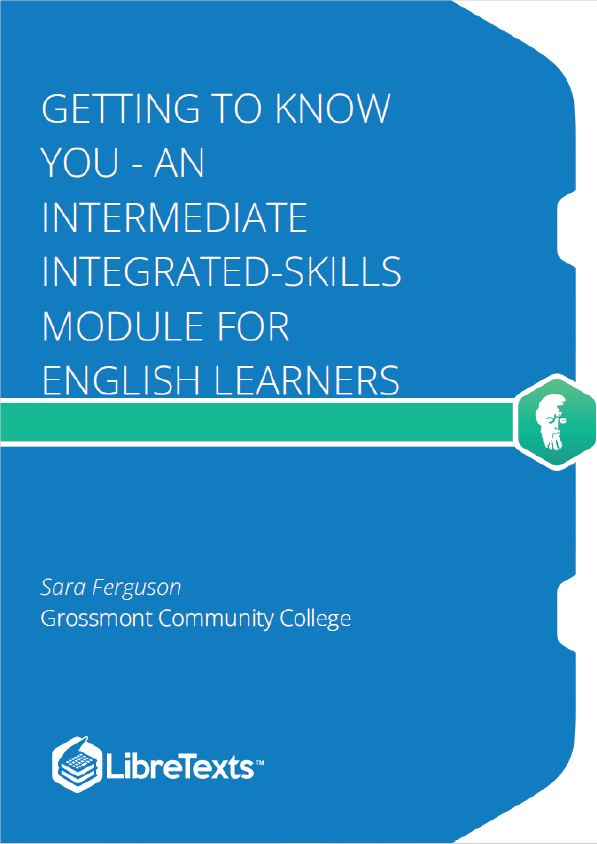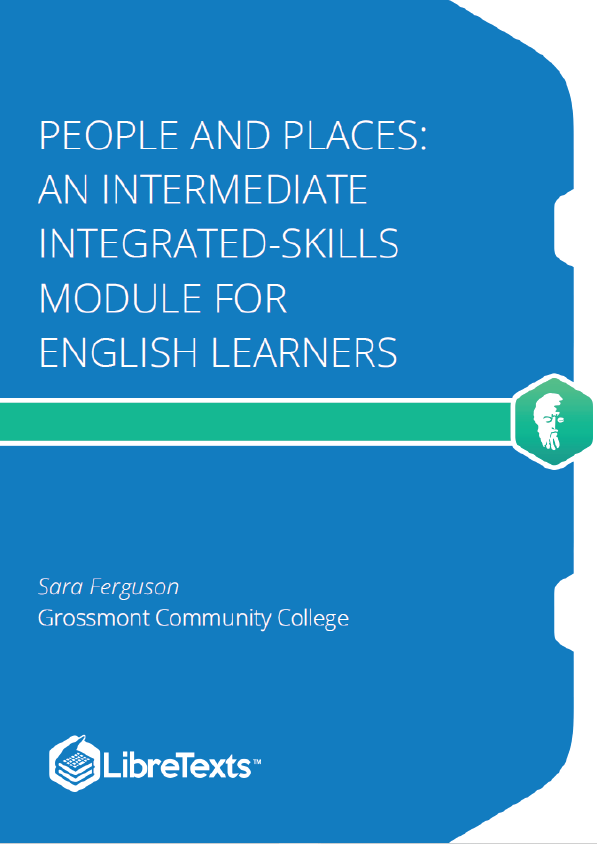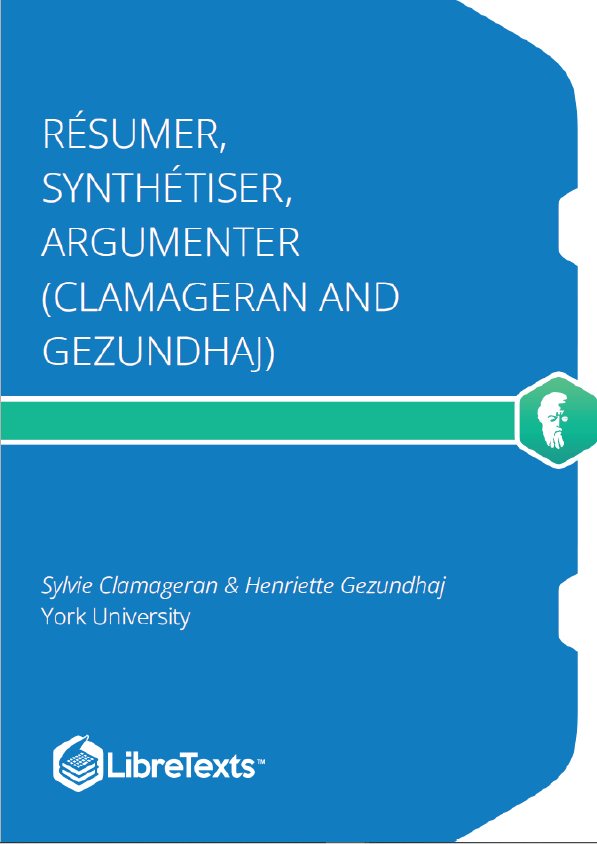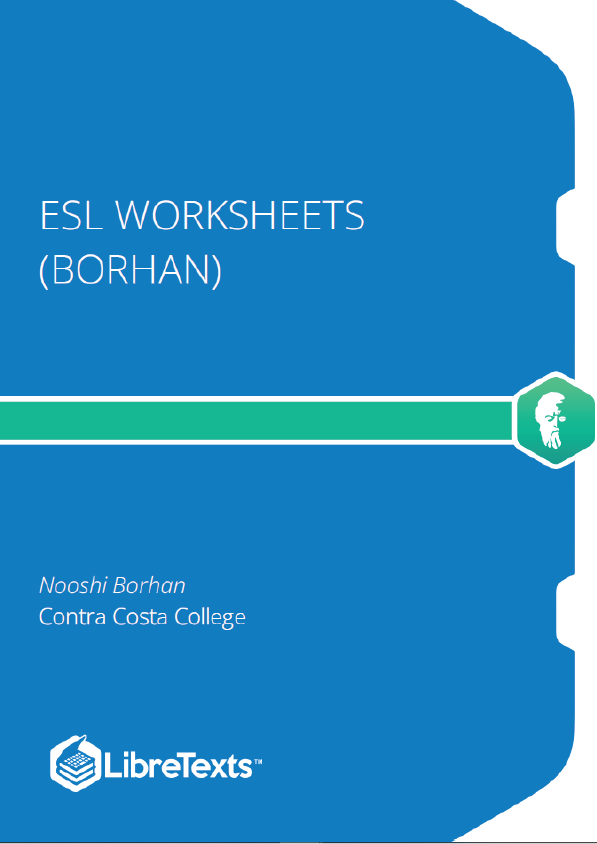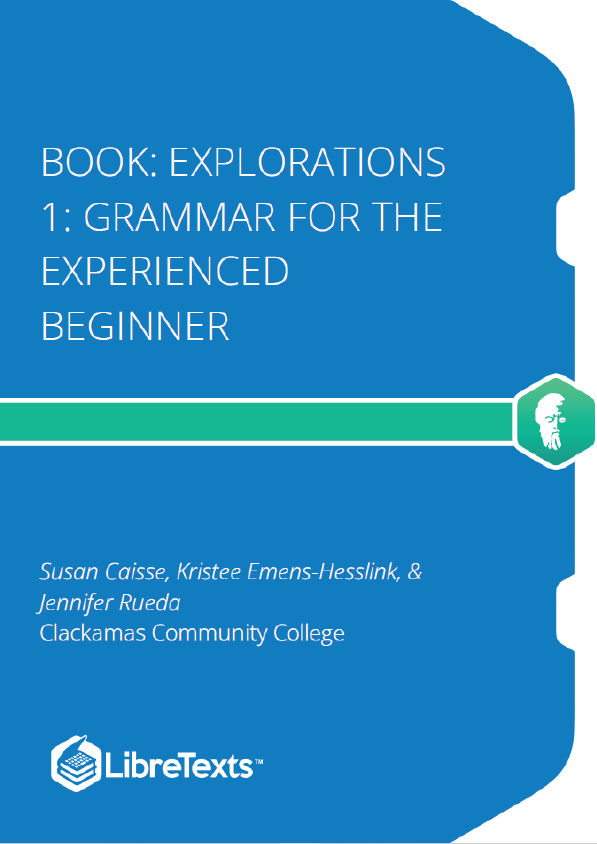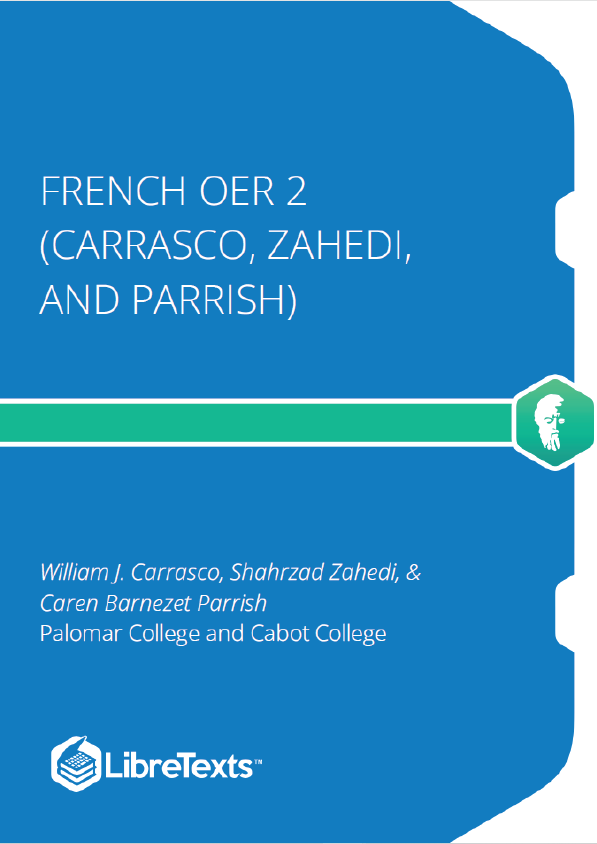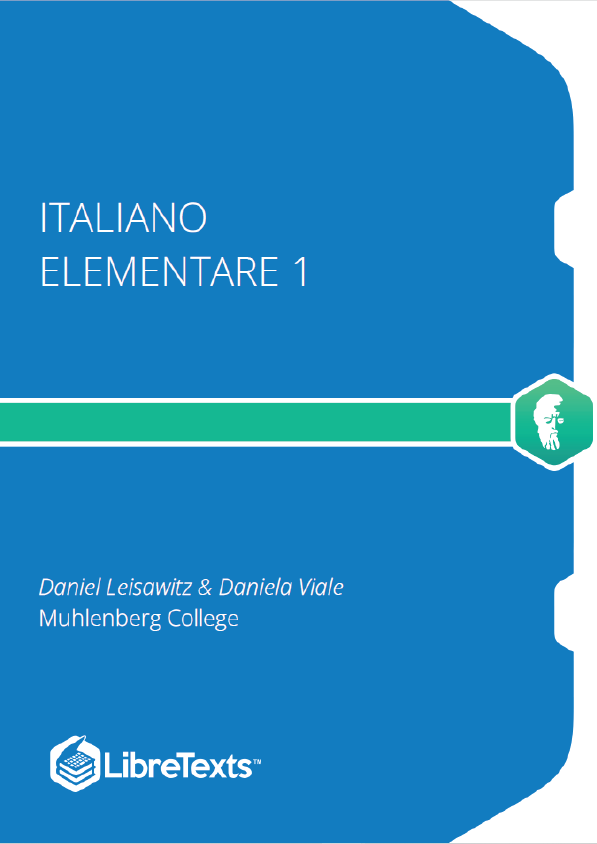Greek and Latin Roots: Part I – Latin is part one of a two part series. This series examines the systematic principles by which a large portion of English vocabulary has evolved from Latin and (to a lesser degree) from Greek. This book focuses on Latin roots. A link to the second part focusing on the Greek roots can be found below. Part I will try to impart some skill in the recognition and proper use of words derived from Latin. There is a stress on principles: although students will be continually looking at interesting individual words, their constant aim will be to discover predictable general patterns of historical development, so that they may be able to cope with new and unfamiliar words of any type that they have studied. They will be shown how to approach the problem by a procedure known as “word analysis,” which is roughly comparable to the dissection of an interesting specimen in the biology laboratory. The text assumes no previous knowledge of Latin, and does not involve the grammatical study of this language—except for a few basic features of noun and verb formation that will help students to understand the Latin legacy in English. Although there will be some attention paid to the historical interaction of Latin with English, this text is definitely not a systematic history of the English language. It focuses on only those elements within English that have been directly or indirectly affected by this classical language. In order to provide the broadest possible service to students, the text emphasizes standard English vocabulary in current use. The more exotic technical vocabulary of science and medicine can be extremely interesting, but is explored in only summary fashion. Nevertheless, this text should be of considerable value, say, to a would-be botanist or medical doctor, if only by providing the foundation for further specialized enquiry.
If the capacity for rational speech is the one feature that most distinctively sets us apart from other members of the animal kingdom, then the effective use of language should surely be among our highest individual priorities. Fortunately, most intelligent people do not have to be persuaded about the value of clear and precise communication. The message is more or less self-evident: if we wish to speak well, read well, and write well, we must gain control of words, the basic elements of all discourse. We need not aspire to professional careers as writers or scholars in order to profit from a good vocabulary. In practical terms alone, it is a plain fact that oral and written language skills are stepping-stones to advancement in almost every vocation that involves some intellectual challenge.
The good news is that it can be a wonderful adventure acquiring and honing verbal skills. Quite apart from any practical benefits, the study of words often becomes an absorbing quest, a compulsive game, a glorious obsession. Many of us become happy converts to the cause in childhood, and get hooked on words for life. Others, who perhaps had less encouragement at a tender age, will succumb to the enchantment of words as teenagers or adults. Incidentally, the phrase “enchantment of words” is more than just a metaphor, since words lie at the heart of all magical charms and incantations—they are the cherished tools of wizards and witch doctors. If you find words fascinating, you will be pleased to learn that fascinate is derived from Latin fascinum, a bewitching spell. The fascination of words can become a hard spell to break. Like peddlers of seductive drugs, purveyors of word magic should probably be required to flag their books and manuals with an ominous message: “WARNING: THIS COURSE OF STUDY MAY BE ADDICTIVE.”
